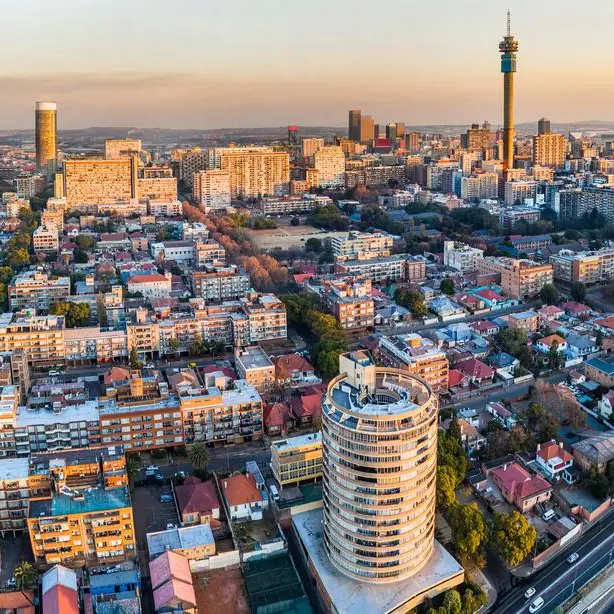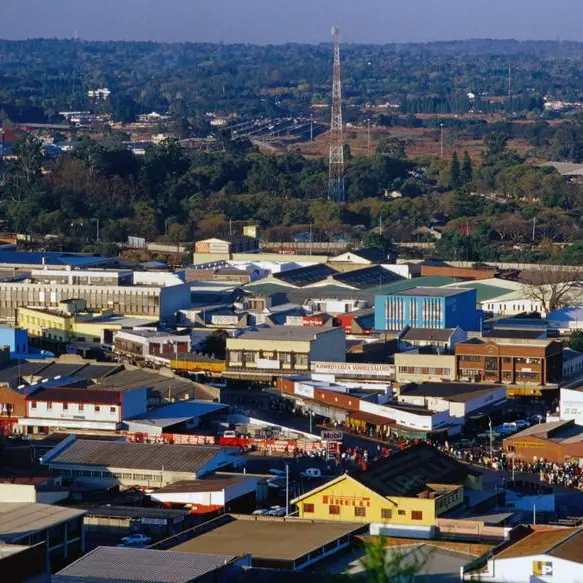PHOTO
More than half of the Sub-Saharan African countries downgraded their 2023 growth estimates as debt overhang continues to weigh heavily on their economies, the World Bank said in its bi-annual Africa’s Pulse October 2023 edition.
The continued slump of the region’s large economies is dragging down Sub-Saharan Africa’s economic performance, stated, adding increased conflict and violence in the region weigh on economic activity and rising fragility may be worsened by climatic shocks.
“More than half of the countries in Sub-Saharan Africa (28 of 48) have been downgraded in their 2023 growth estimates,” the World Bank added.
Debt distress remains widespread, with 21 countries at high risk of external debt distress or in debt distress as of June 2023.
Although inflation has been receding, it remains above central bank targets in most countries in the region.
Almost 18 countries in the region have average annual inflation rates of two digits or more in 2023 due to higher food and fuel prices, and weakened domestic currencies.
The report said that inflation is expected to decline from 9.3% in 2022 to 7.3% in 2023.
Sub-Saharan Africa’s growth has delivered poor job creation and slow poverty reduction, with the urban employment share of the working-age population remaining at 22-23% over the past two decades.
Much of the population in the region remains rural and employed in agriculture, which is strongly associated with poverty, the report noted.
The World Bank advised that these challenges can be overcome by supporting demand-driven skills and promoting organisational transformation of work; ensuring political stability, strengthening institutions to support the market economy, and achieving inclusive growth through fiscal stabilisation and debt reduction.
(Editing by Seban Scaria seban.scaria@lseg.com)





















